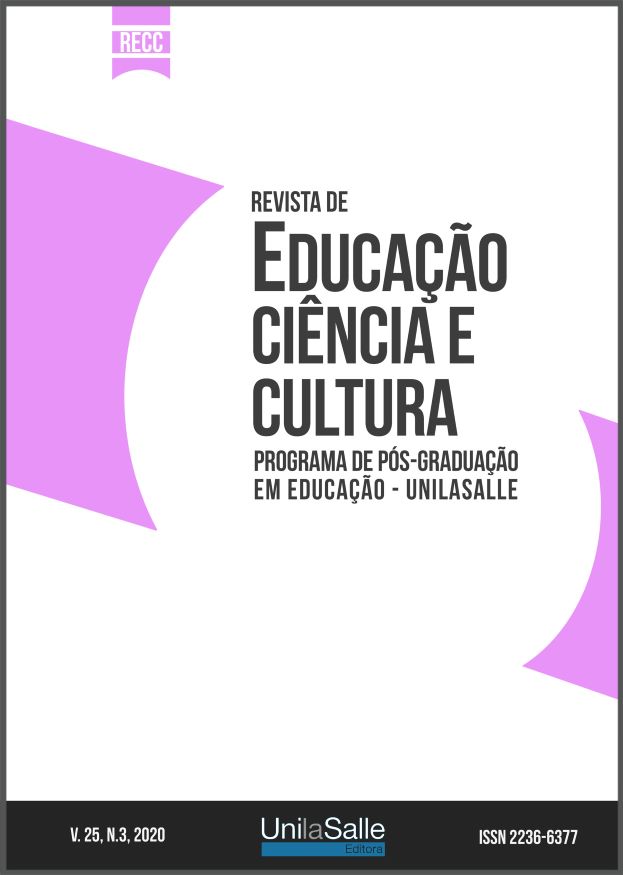Problematizing the use of the Hand Talk translation app in the teaching of Libras in Higher Education
DOI:
https://doi.org/10.18316/recc.v25i3.6614Keywords:
Hand Talk, Libras, Translation Application, Higher Education.Abstract
Hand Talk is an automatic translator of words and phrases from the Portuguese Language (LP) to Libras, carried out through an animated agent (3D), called Hugo. This application is present in several social segments, including the university environment. In this way, it is usual for academics in the discipline of Libras to seek support in this in view of the difficulty in learning this language, in a visual-spatial modality, and therefore contain a logic of production and reception different from LP, which is oral-auditory. However, despite the application, it has social validity, being a technology that aims to provide the linguistic accessibility of the deaf to the listeners, having several resources such as in the translation section, the possibility of signal repetition, the control of the signaling speed, as well as to rotate Hugo 360 ° and thus visualize the signal production from different angles, it is necessary to consider that it has some weaknesses in the translation process. Among these, Hugo’s low facial and body expressiveness in signage, the recurrent use of typewriting, the difficulty of translation in the context of polysemic terms, among others, which often reverberate in mistakes of LP to Libras translation. Therefore, when considering that the presence of Hand Talk on most students’ cell phones is a reality, it is up to the Libras professor to advise on its real functionality, optimizing its beneficial possibilities of use, such as the dictionary, and strategically, it can take advantage of the weaknesses of translation that still affects it, so that learners understand the importance of following the visual logic of signaling, not seeking, for example, the enunciation based on word - sign, but in context respecting the linguistic structure of Libras.
Downloads
Published
Issue
Section
License
Authors must submit their manuscripts to be published in this journal agree with the following terms:Authors maintain the copy rights and concede to the journal the right of first publication, with the paper simultaneously licensed under the License Creative Commons attribution that permits the sharing of the paper with recognition of authorship and initial publication in this journal.
Since the articles are presented in this journal of public access, they are of free use, with their own attributions for educational and non-commercial purposes.
The Periodic Journal of Education, Science and Culture in http://www.revistas.unilasalle.edu.br/index.php/Educacao was licensed with a Creative Commons - Attribution - Noncommercial 3.0 Not Adapted.


